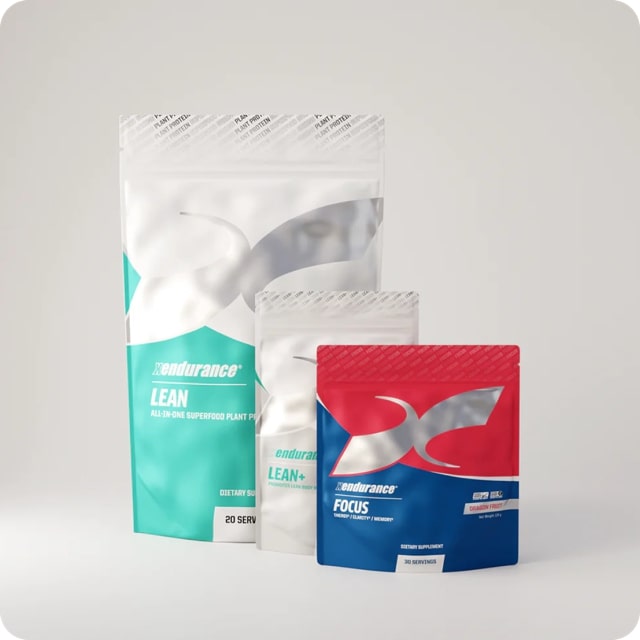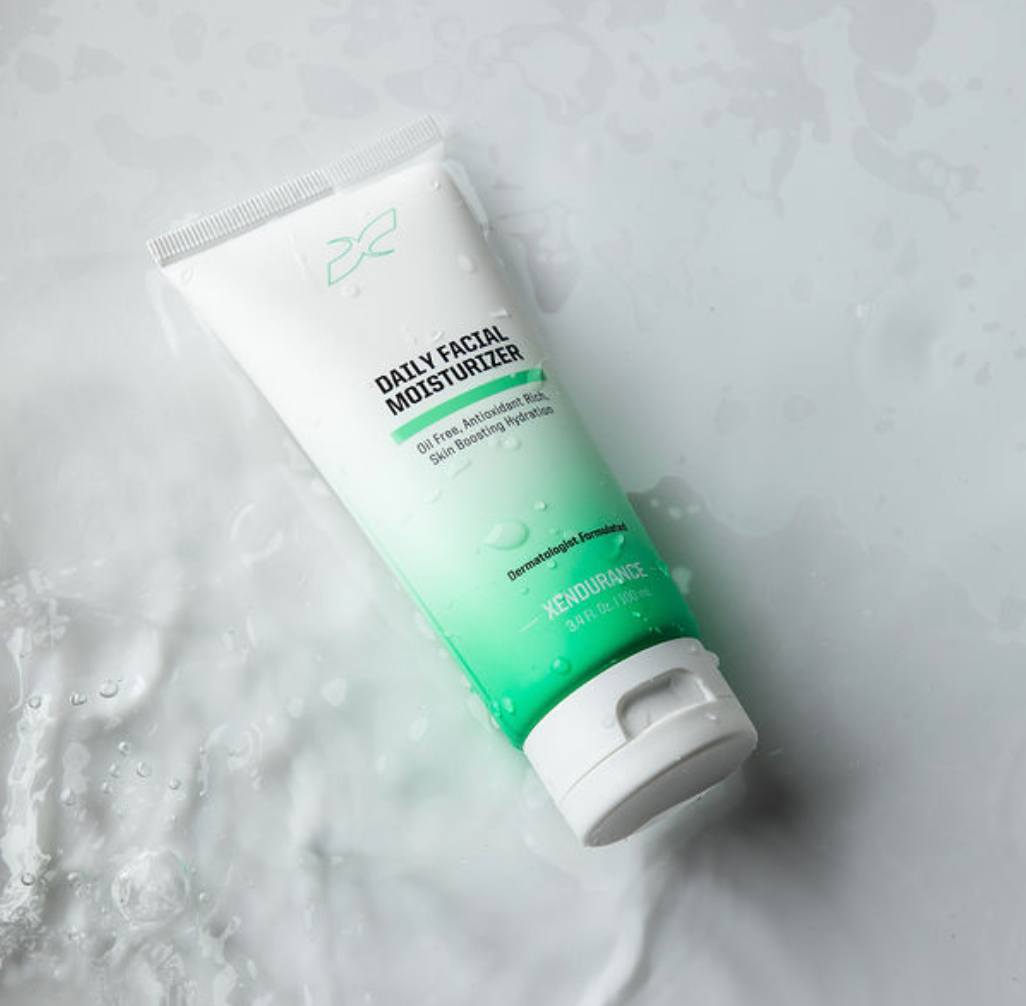7 Reasons to Consider Creatine for Brain Health
Creatine, often associated with athletes and bodybuilders, is now making waves in the realm of cognitive health. Let's dive into seven science-backed reasons why everyone, not just athletes, should consider adding creatine for brain health to their health regimen.
1. Natural Brain Fuel
Creatine is a compound made from amino acids and is found in our muscle and brain tissues. Its primary role? To aid in the creation and recycling of adenosine triphosphate (ATP), the cell's primary energy currency.
Creatine is often heralded for its muscle-enhancing properties, and is increasingly being recognized as "brain fuel" due to its pivotal role in cellular energy metabolism within the brain. The brain is an energy-intensive organ, accounting for approximately 20% of the body's total energy consumption, despite representing only about 2% of total body weight. To meet its voracious energy demands, the brain relies on a constant supply of adenosine triphosphate (ATP), the primary energy currency for cellular functions. Creatine plays an indispensable role in the rapid regeneration of ATP. It does this by donating a phosphate group to adenosine diphosphate (ADP), converting it back to ATP. This process becomes especially crucial during times of high cognitive demand or when the brain's energy resources are momentarily compromised, such as during periods of sleep deprivation or acute stress. Additionally, the brain's stores of creatine, sourced both from dietary intake and endogenous synthesis, provide a readily available reservoir to replenish ATP, ensuring that neural processes continue efficiently. This essential contribution to the brain's energy dynamics underscores why creatine is aptly termed "brain fuel.”
2. Defense Against Neurological Diseases
Recent studies show a link between declining creatine levels in the brain and diseases like Parkinson’s and Alzheimer’s. The protective magic of creatine supplementation? It can increase brain creatine levels, potentially reducing disease-induced brain cell damage.
Creatine's potential as a defense ingredient against neurodegenerative diseases such as Parkinson's and Alzheimer's is rooted in its multifaceted neuroprotective properties. Both Parkinson's and Alzheimer's disease involve the degeneration and death of critical neurons, leading to the progressive loss of cognitive and motor functions.
One primary factor implicated in the pathogenesis of these diseases is mitochondrial dysfunction, a condition where the energy-producing structures within cells are compromised. As neurons are highly energy-dependent, any compromise in energy production can lead to their vulnerability. Creatine, a natural compound present in our bodies, plays a critical role in supporting cellular energy metabolism. By acting as a reservoir for phosphate groups, creatine aids in the rapid regeneration of adenosine triphosphate (ATP), which is the primary cellular energy currency. When neuronal cells have sufficient ATP, they can better manage stressors and are less prone to the damaging effects of oxidative stress, a condition known to exacerbate the progression of neurodegenerative diseases.
Furthermore, animal studies have demonstrated that creatine supplementation can reduce the buildup of harmful proteins like alpha-synuclein in Parkinson's and beta-amyloid in Alzheimer's, both of which contribute to disease progression. By bolstering energy metabolism, mitigating oxidative damage, and potentially reducing harmful protein accumulations, creatine emerges as a promising defense ingredient in the fight against debilitating neurodegenerative diseases. In animal studies, creatine supplementation decreased cell death by up to 50%. This highlights the creatine neurological benefits that can support brain health.
3. Boosts Cognitive Performance
Creatine isn’t reserved for those battling neurological diseases. Research indicates that healthy individuals can also relish the cognitive benefits of creatine, especially vegetarians or vegans.
Creatine, traditionally associated with muscle energy, has been shown to significantly enhance cognitive performance in healthy individuals, presenting an intriguing intersection between physical and mental vigor. The underlying mechanism is rooted in the molecule's pivotal role in cellular energy production. Every brain function, from simple reflexes to complex problem-solving tasks, requires energy, primarily in the form of adenosine triphosphate (ATP). Creatine acts as a reservoir for high-energy phosphate groups, facilitating the rapid regeneration of ATP from its depleted form, adenosine diphosphate (ADP). During cognitively demanding tasks or situations where the brain is under metabolic stress, such as sleep deprivation or multitasking, the brain's energy demands can spike. In these instances, the brain's creatine stores assist in maintaining optimal ATP levels, ensuring a consistent energy supply for uninterrupted neural function.
Furthermore, research indicates that vegetarians and vegans, who typically have lower baseline brain creatine levels due to dietary restrictions, experience pronounced cognitive benefits when supplementing with creatine. This highlights the molecule's direct influence on cognitive processes. By bolstering the brain's energy resources, creatine ensures that cognitive processes run efficiently, even under duress, enhancing mental clarity, working memory, and information processing speed in healthy individuals. These creatine benefits for brain health are valuable for anyone looking to improve mental performance.
4. The Age Advantage
Creatine offers unique benefits across different life stages:
- Young Adults: College and early work-life often come with the challenge of sleep deprivation. Creatine acts as a cognitive buffer during these taxing times, highlighting creatine for brain health.
- Middle-Aged Adults: The natural cognitive decline that accompanies age can be daunting. Creatine provides the necessary support for brain energy metabolism, potentially slowing this decline.
- Seniors: The elderly, most susceptible to neurodegenerative diseases, might find an ally in creatine. It holds promise in combatting age-related brain decline.
5. Creatine Monohydrate: A Tried and True Form
When considering creatine supplementation, it's essential to pick the right type. Creatine Monohydrate stands out. Its effectiveness and affordability are backed by rigorous scientific research, unlike some other varieties, and is one of the most widely researched and commonly used forms of creatine, a naturally occurring compound derived from amino acids.
The "monohydrate" label indicates that each molecule of creatine is bound to a single water molecule. Numerous scientific studies have validated the efficacy of Creatine Monohydrate in enhancing athletic performance, particularly in high-intensity, short-duration activities like weightlifting and sprinting.
6. Easy Dosing
Figuring out dosages can be a challenge with supplements, but with creatine, it's straightforward. For cognitive health, 3-5 grams daily is the standard. If you're new to creatine, consider a loading phase of around 20 grams daily (split into 4 doses) for 5-7 days, then settling into the standard dose.
7. An Affordable Brain-Boosting Option
With the rising popularity of nootropics and cognitive enhancers, many are on the hunt for affordable, effective options. Creatine, with its dual benefits for both muscle and brain health, offers an economical solution for those eager to give their brains a little extra support. The creatine benefits brain performance by enhancing energy metabolism, making it a valuable addition to any health regimen.
Why Creapure® Creatine Stands Out Among the Rest?
Creapure® is often touted as a superior form of Creatine Monohydrate, and there are several compelling reasons for this distinction. Firstly, Creapure is backed by rigorous research and quality control, ensuring that users receive a product that meets the highest standards of efficacy and safety.
One of the standout features of Creapure is its exceptional purity, which results from a patented production process that minimizes impurities, such as dicyandiamide and dihydrotriazine, which can be found in lesser-quality creatine products. This unmatched purity translates to improved bioavailability, meaning the body can absorb and utilize Creapure® more effectively than other creatine forms.
Furthermore, the consistent quality of Creapure allows for non-cycling usage. While some creatine forms may require cycling on and off to prevent potential side effects or decreased efficacy, Creapure's purity and reliability eliminate this concern, offering users a consistent and trustworthy performance enhancer without periodic breaks.
Collectively, its research-backed credentials, purity, superior bioavailability, and the convenience of non-cycling make Creapure® a standout choice in the world of creatine supplements.

Why Creatine Deserves a Spot in Your Health Regimen
In summary, creatine is more than just a supplement for athletes. Its benefits range from supporting brain health to offering protection against certain neurological diseases. For those looking to boost both mental and physical performance, creatine presents a valuable option. Specialized forms like Creapure Creatine provide top-notch purity, ensuring users get the best results. Given its wide-ranging benefits, affordability, and strong research backing, creatine is worth considering for anyone aiming for better overall health and cognitive sharpness.










Leave a comment
This site is protected by hCaptcha and the hCaptcha Privacy Policy and Terms of Service apply.